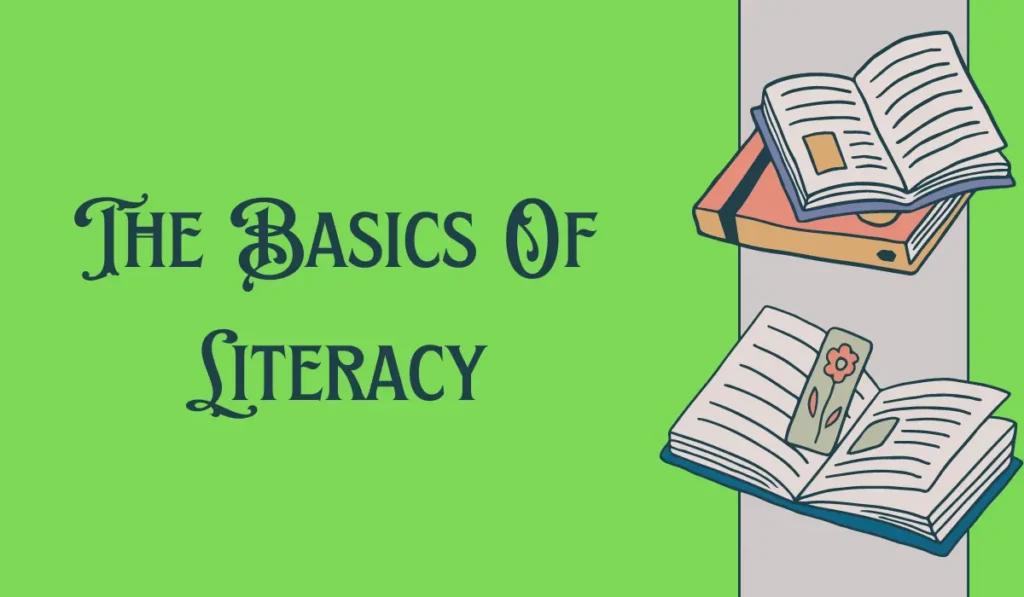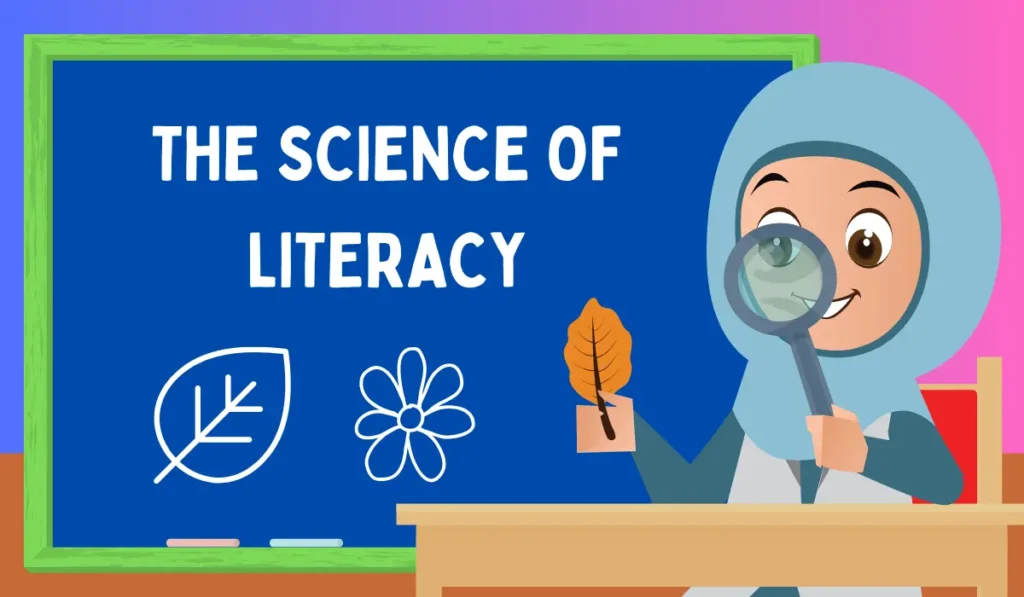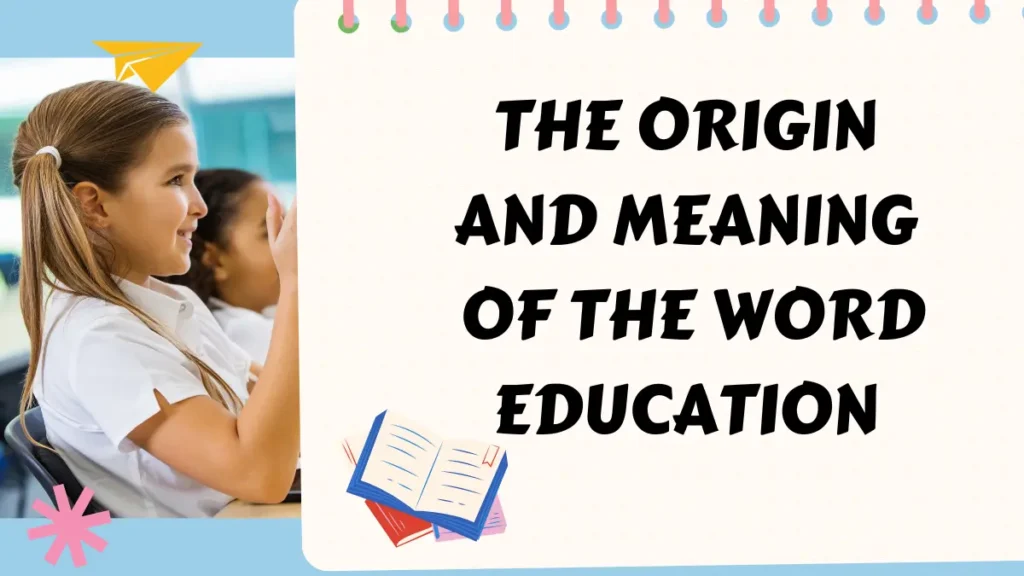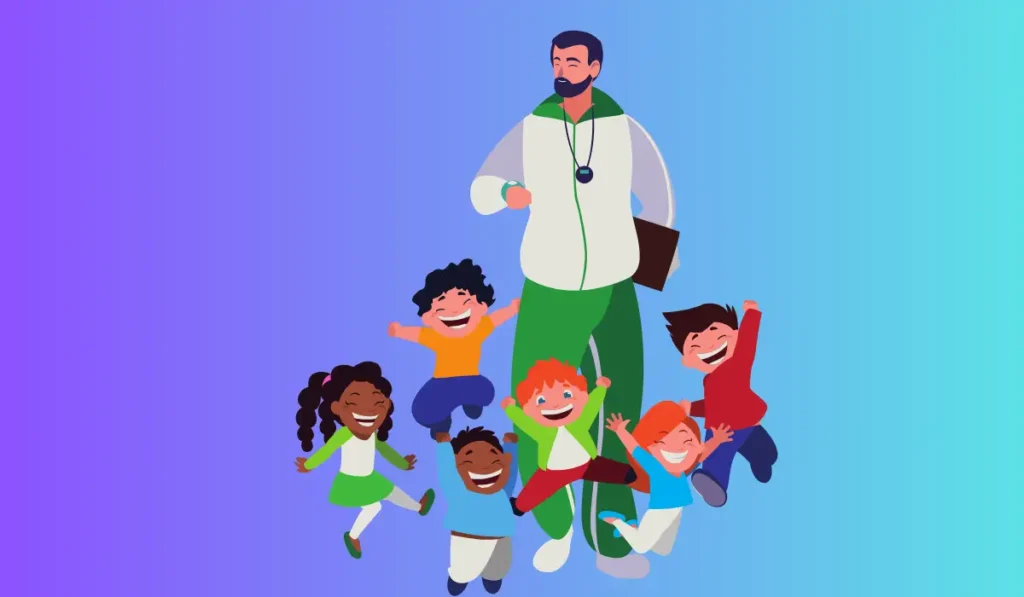From reading a newspaper or a menu to filling out a job application or writing a text message, literacy plays a vital role in everyday activities. It allows individuals to access information, express themselves, and navigate the modern world.
Moreover, literacy enables people to learn and acquire knowledge, enhancing personal development and contributing to social and economic advancement.
However, according to Unesco, there are still over 750 million illiterate adults worldwide, highlighting the ongoing importance of literacy programs and initiatives.
In this article, we will explore the definition of literacy, its significance, and the impacts of illiteracy on individuals and society.
The Basics Of Literacy

Literacy is more than just knowing how to read and write. It encompasses a vast range of skills, including critical thinking, analytical skills, and problem-solving capabilities.
The foundation of literacy is the concept of being able to communicate effectively, whether through written or spoken words.
The term literacy has its roots far in the past, with the practice of writing and reading dating back to ancient civilizations. However, today’s era demands a different type of literacy as the world becomes more complex and digitalized.
Literacy is critical in modern life since it assists us in comprehending complicated ideas, educating ourselves, and enhancing our employability, and even helping in day-to-day interactions.
Therefore, it is essential to understand the basics of literacy and to continue cultivating our skills throughout our lives.
Different Aspects Of Literacy
Literacy usually refers to the ability to read, write and understand language. These days, literacy has taken on various forms aside from its traditional meaning. It now includes digital literacy, which pertains to understanding technology and its applications.
In addition, there is numeracy which refers to the ability to understand and use numbers. All of these aspects of literacy play a critical and significant role in our modern world.
Being literate in multiple forms can enhance communication and allow individuals to access a wider range of information.
The importance of literacy cannot be overstated since it influences how well we comprehend and participate in our society.
The Science Of Literacy

The science of literacy involves understanding how we learn to read. It is a complex cognitive process that involves the brain’s functions. Phonetics and linguistics play a significant role in understanding literacy.
They help us to understand the sounds of letter combinations and the meanings behind words.
Our brain function is closely connected to our ability to read and write. It is important to develop these skills early in life to ensure success later on.
Literacy enables us to communicate effectively, understand others, and make informed decisions.
The cognitive process involved in learning to read helps to shape our thinking and overall development. Overall, literacy is an essential skill that plays a vital role in our lives.
Issues In Literacy Education
Literacy is essential for success in life. Unfortunately, many students face challenges in their education. The achievement gap in literacy is a crucial issue that needs to be addressed.
Causes include socioeconomic status, race, and limited resources. Strategies to improve literacy include early intervention programs, increased funding for resources, and professional development for teachers.
The global literacy crisis is a significant concern. Illiteracy hinders personal development and economic growth.
Addressing the issue requires a comprehensive approach, including increased access to education, promoting gender equality, and investing in infrastructure. Balancing inclusion and standards is a challenge in literacy policies.
Equitable education for all students is crucial, but standards can be necessary to assess progress. Policymakers must continuously evaluate policies to ensure that they promote success for all students.
Frequently Asked Questions
What Is Literacy?
Literacy is the ability to read, write, and understand information. It’s becoming competent in using language for communication.
Why Is Literacy Important?
Literacy is essential for success in life, and it promotes individual and community growth. It improves job prospects, and social skills and enhances critical thinking.
What Is The Current State Of Literacy In The World Today?
According to Unesco, more than 750 million people worldwide are illiterate. The full consequences of this are not even known. These people struggle to get out of poverty, fill out job applications, and even read medication labels.
Conclusion
As we conclude this discussion on literacy, it’s important to remember that literacy is not just the ability to read and write. It is a complex set of skills that involve communication, critical thinking, and problem-solving. This includes digital literacy, which has become increasingly important in today’s world. Improving our literacy skills can benefit us in many ways, from career advancement to personal growth. Moreover, we should not forget about the millions of people around the world who lack basic literacy skills. It is crucial that we continue to promote literacy and provide access to education for all.


